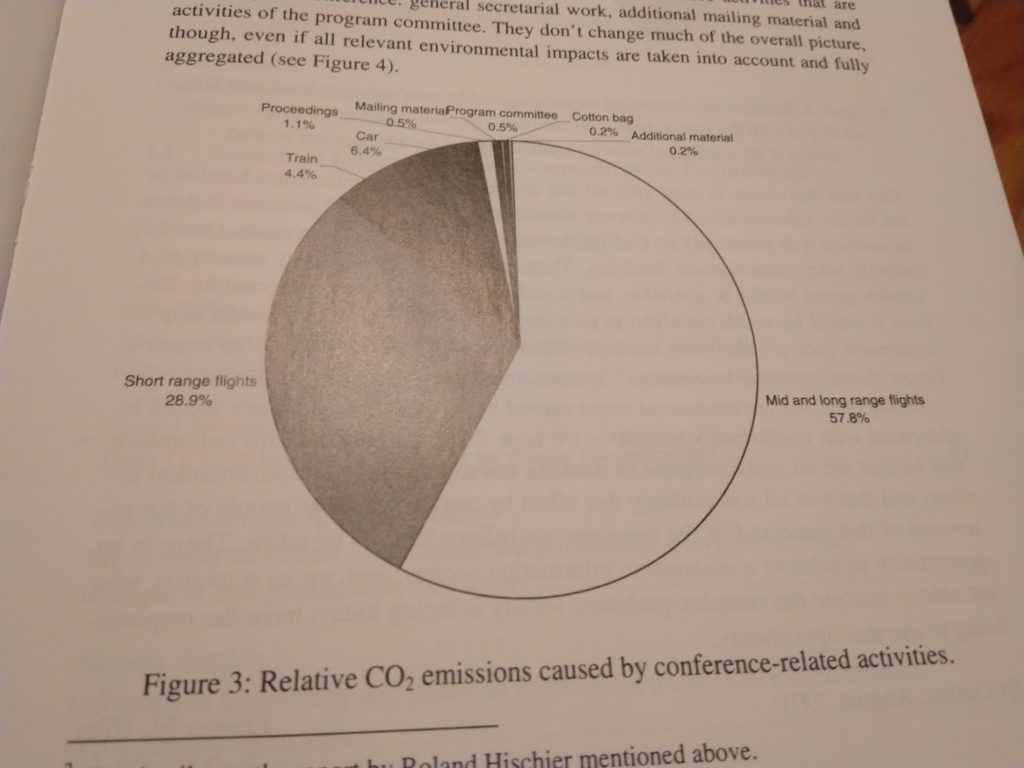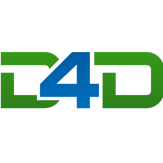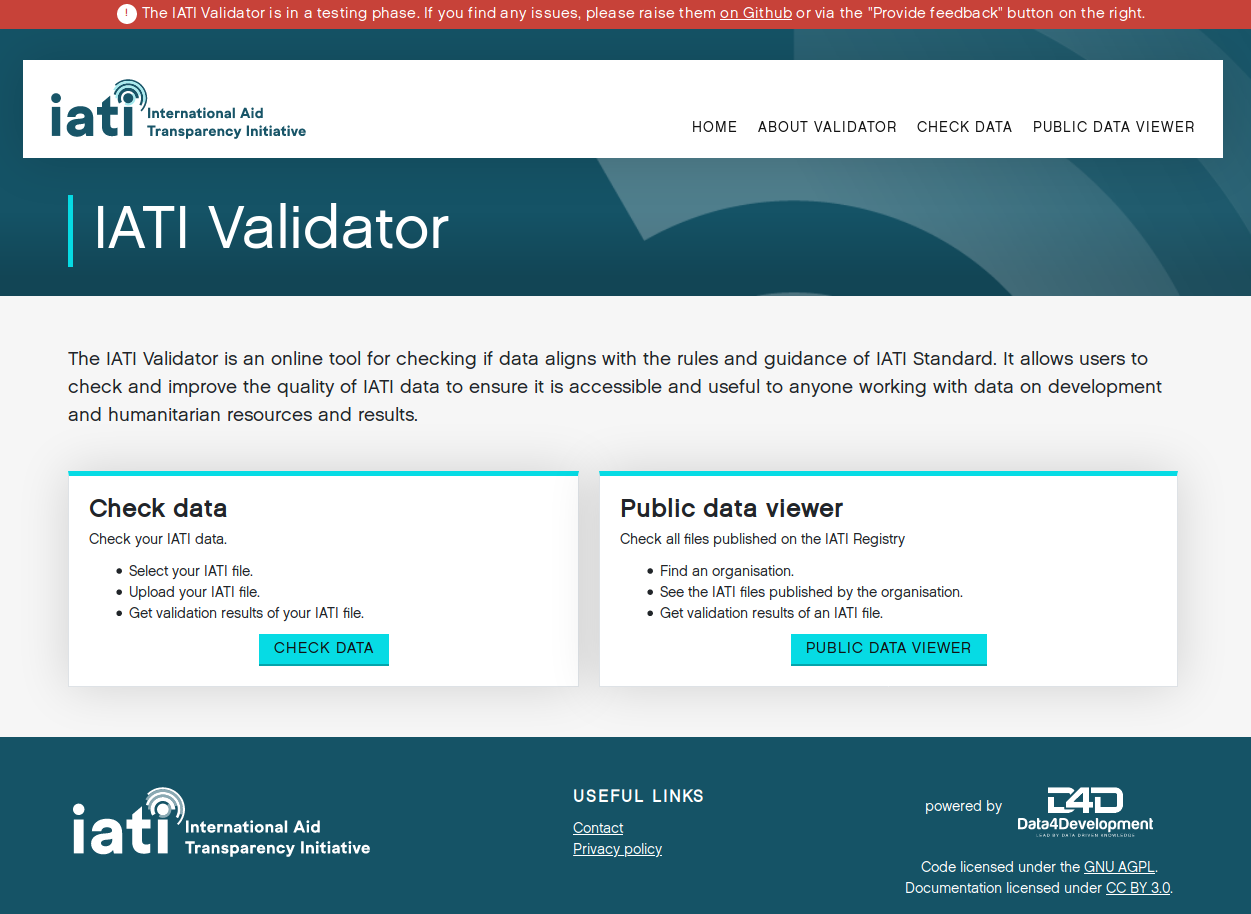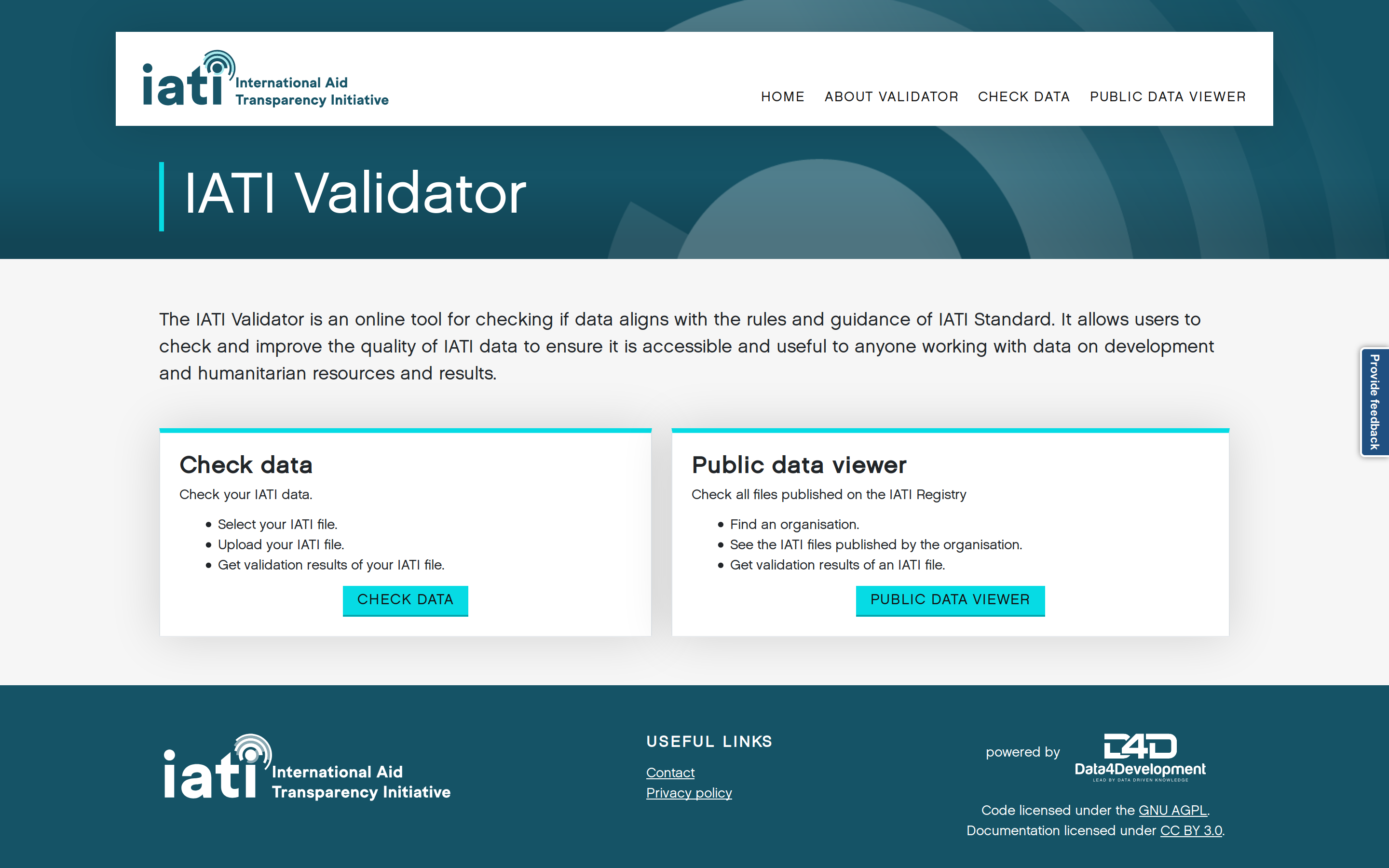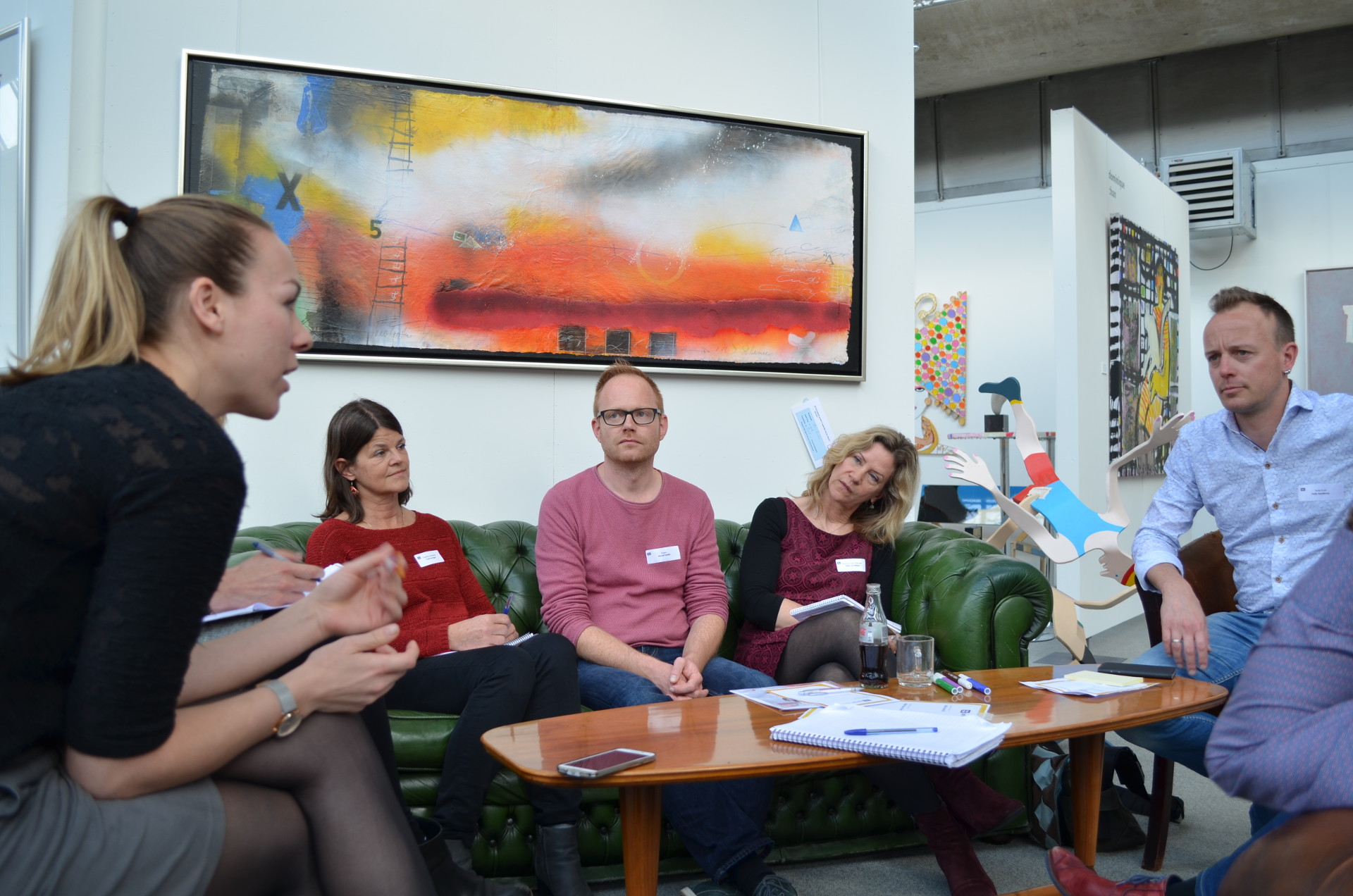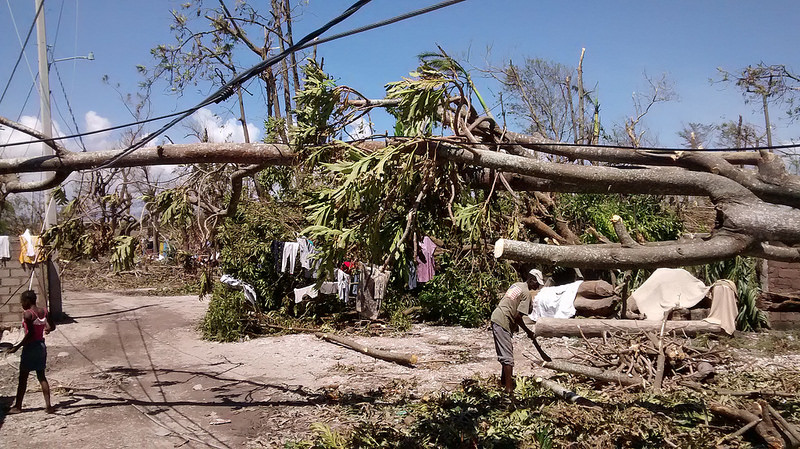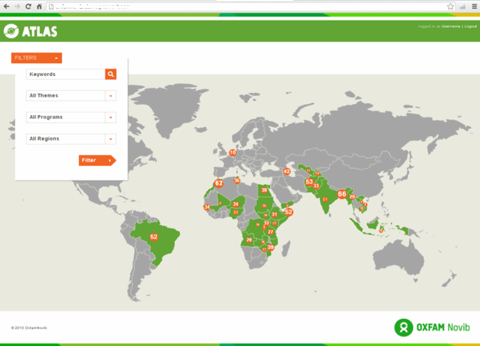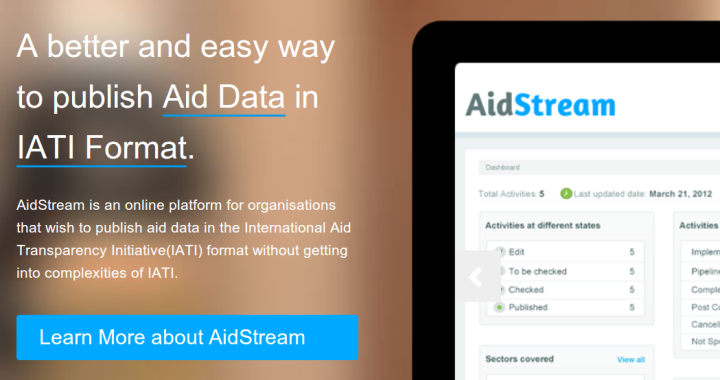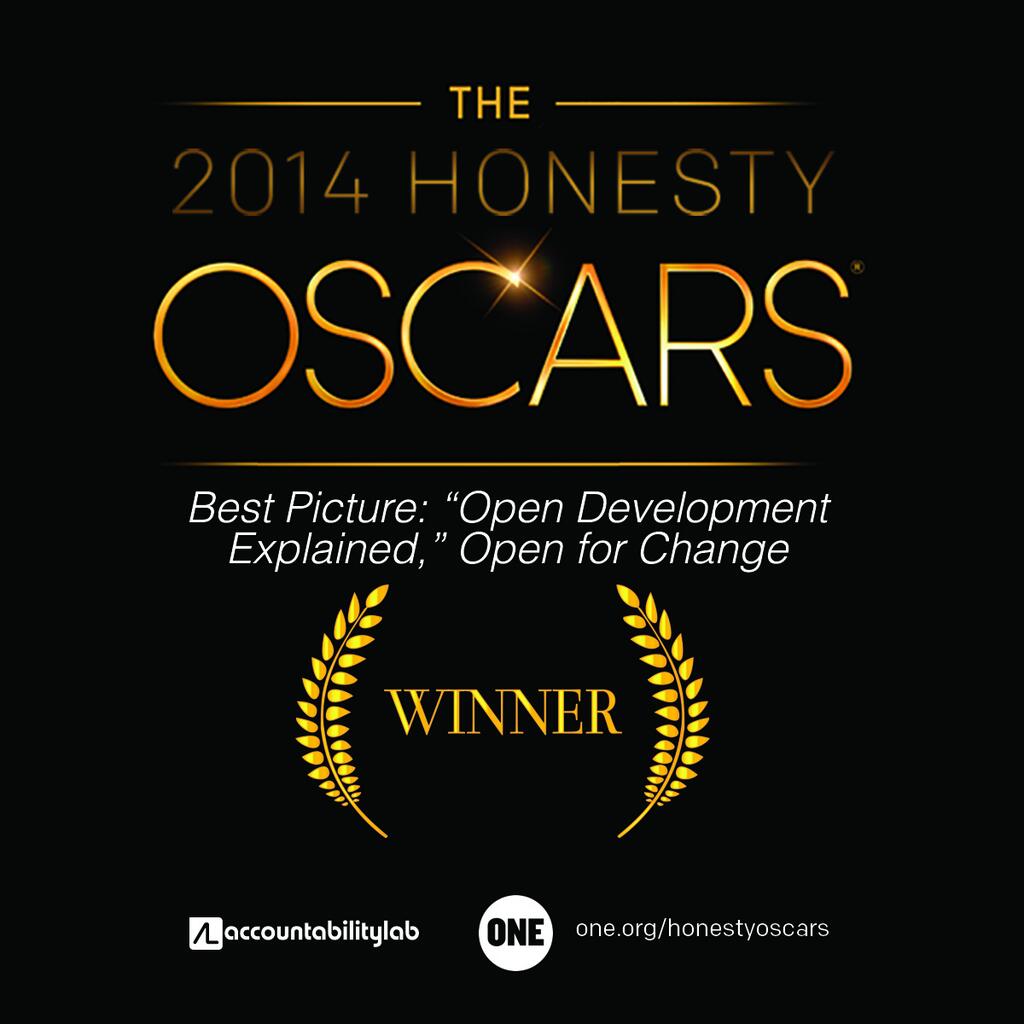ChatGPT as your new assistant

ChatGPT is a hot topic. Tom Scott compared it to a “Napster moment”, when suddenly everyone started sharing music and videos, Jonathan Stark called it the iPhone effect, when everyone started using a mobile device everywhere, and Bart Lacroix compared it to the first time using Google or Spotify: “I opened [ChatGPT] in my browser as a tab and never closed it since.”
Some practical examples of using ChatGPT as a tool to run an organisation:

